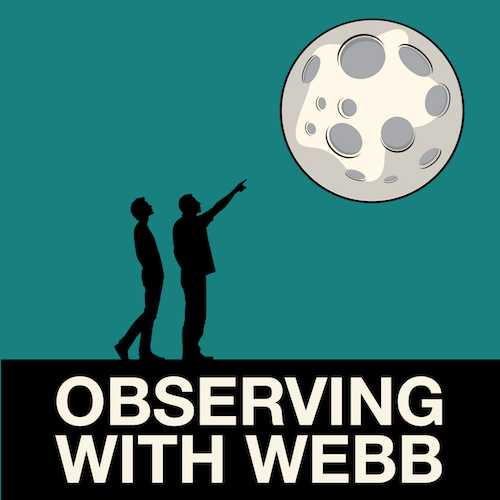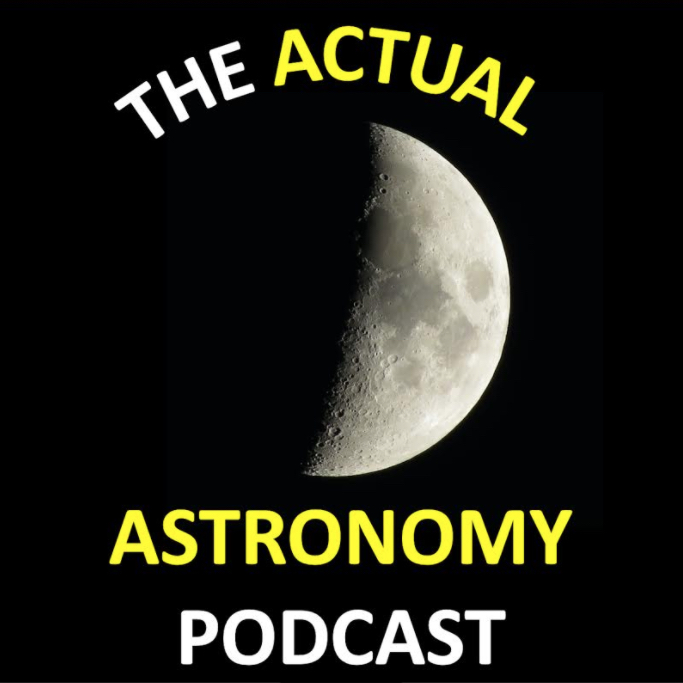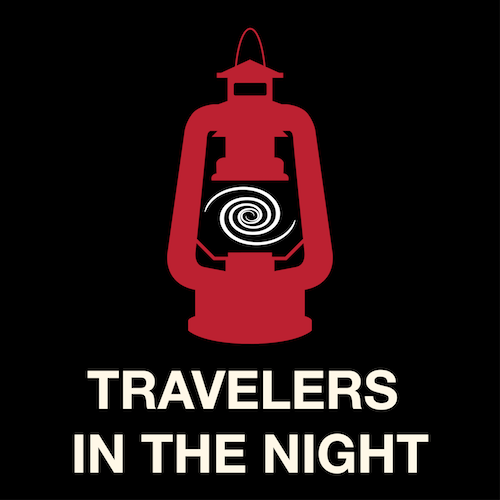Three great planets all visible right after sunset, with visits from the Moon, make September of 2021 a calm, but convenient month for breaking out that telescope.


Three great planets all visible right after sunset, with visits from the Moon, make September of 2021 a calm, but convenient month for breaking out that telescope.

As part of her trip to England, Pamela had a chance to sit down with Oxford astrophysicist Chris Lintott and record an episode of Astronomy Cast. From the first stars to the newest planets, molecules and the chemistry that allows them to form affects all aspects of astronomy. While most astronomers group molecules into three bins of hydrogen, helium and everything else, there are a few who do proper chemistry by studying the sometimes complex molecules that form between the stars.

Like fireworks, July is mostly quiet and dull, but the noisy and bright events really make it worthwhile. We have two pairs of planets, visible during opposite times in opposite places, and surreptitious visits from the Moon.

The Actual Astronomy Podcast presents Objects to Observe in the April 2021 Night Sky and places a focus on sky events like the Lyrid meteor shower and a possible telescopic comet coming into view.

This is gonna be another one of those evergreen topics where we come back again and again. Finding planets. Every time we talk about this now it seems like we’ve gained thousands of new planets. Well, buckle up! New techniques will grow that by tens of thousands and even millions!

February only gets exciting in the last week with a 3-planet conjunction, although the still very long nights and the dominating presence of Orion make it a good opportunity for constellation hunting.

Today we have stories about the dwarf planet Ceres and asteroid 2014 YW14 discovered by Rose Matheny

How did the solar system form? What is a “planet” and who decided that? Just how much space is in space?

Today, astronaut Terry Virts Tells Us “How To Astronaut” and news update! We have ultra-hot Neptune, extragalactic planet, and planet around white dwarf. #365DaysOfAstro

When stars die, do their planets die too? What can possibly survive after a supernova explosion? How will the death of the sun affect our solar system? Can zombie planets rise from the dead?